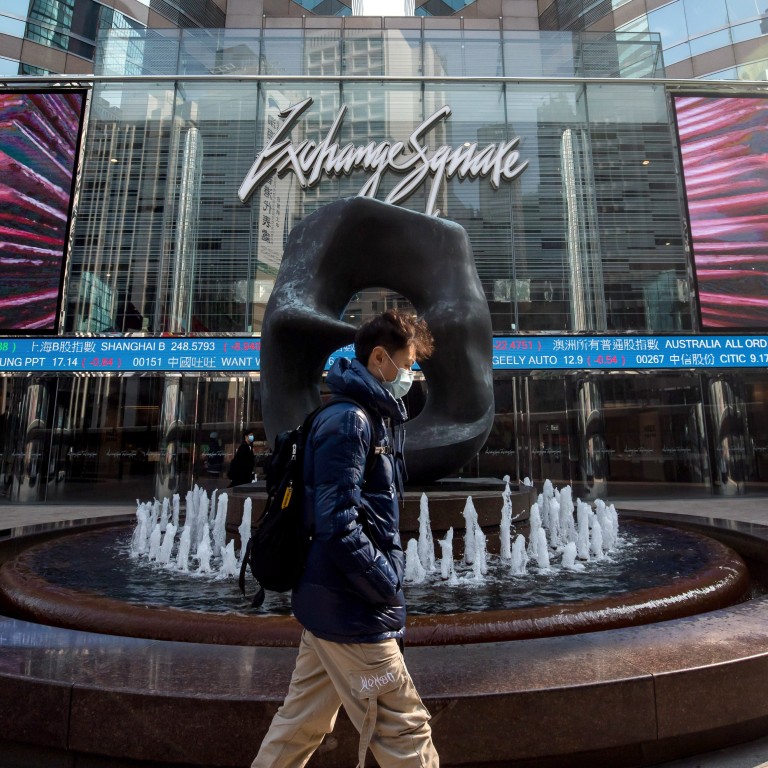
Hong Kong exchange, spurred by Alibaba, Xiaomi listings, proposes expansion of IPO reforms to attract more tech giants
- HKEX wants to allow companies that have other firms as owners with weighted voting rights to list in the city
- Proposal might attract new economy, technology companies, but might not be fair to other investors, lawmaker says
According to a consultation paper released on Friday, HKEX wants to allow companies that have other firms as owners with such special voting rights to list in the city. The bourse operator will seek views from the market until May 1.
“As part of the consultation proposal, we have sought to put forward various viewpoints, reflecting the complex nature of the subject and the need for a robust regulatory regime to fairly reflect the benefits and risks of such a regime,” Bonnie Chan, head of listings at HKEX, said. “The exchange’s proposed safeguards seek to address risks that are particular to corporate WVRs, such as the risk of an ‘evergreen’ WVRs structure, in order to maintain an appropriate level of investor protection.”
The April 2018 reforms, which allowed companies with WVRs to list in Hong Kong in the first place, only let individuals who were founders or key management of companies to hold shares with more voting rights or weight than other, regular shareholders.
Among the 50 biggest technology unicorns in mainland China, 42 have corporate shareholders, HKEX said in its proposal. Also, 42 per cent of mainland Chinese technology companies listed in the US have corporate shareholders with WVRs shares. Tencent Music Entertainment, the music streaming service provider co-owned by Tencent Holdings. It raised US$1.1 billion in a listing in New York in December 2018. The proposed reform, if accepted, will allow such companies to list in Hong Kong.
As part of the proposed expansion of reforms, only companies with a market cap of HK$200 billion will be allowed to own shares with WVRs, and they must own at least 30 per cent of the company to be listed.
Their special shares can have five times the voting weight of ordinary shareholders. This ratio is more for individuals with WVRs shares – their shares can have 10 times more voting rights than others.
Also, a sunset clause will limit the WVRs shares held by a corporate to no more than 10 years, after which they might be renewed for no more than five years, subject to the approval of independent shareholders.
Chinese exchanges seek feedback on Hong Kong dual-class structured firms
“The new proposal might help HKEX compete for listings by new economy and technology companies, but it might not be fair to other investors,” said Christopher Cheung Wah-fung, a lawmaker representing the financial services sector as well as chief executive of Christfund Securities.
The April 2018 listing reforms allowed founders or key executives to retain WVRs shares because they brought in innovative ideas, or led a team creating new technology. “Corporate shareholders, however, mainly finance start-ups. What they are doing is no different from other normal institutional and retail investors. Giving them special voting rights is somewhat unfair to other shareholders,” Cheung said.
“Even if HKEX will allow these companies to have special voting rights, there should be more restrictions. The current proposal allowing them to keep such special voting rights for 10 years maybe too long. The sunset clause should be set at about five years,” he added.

